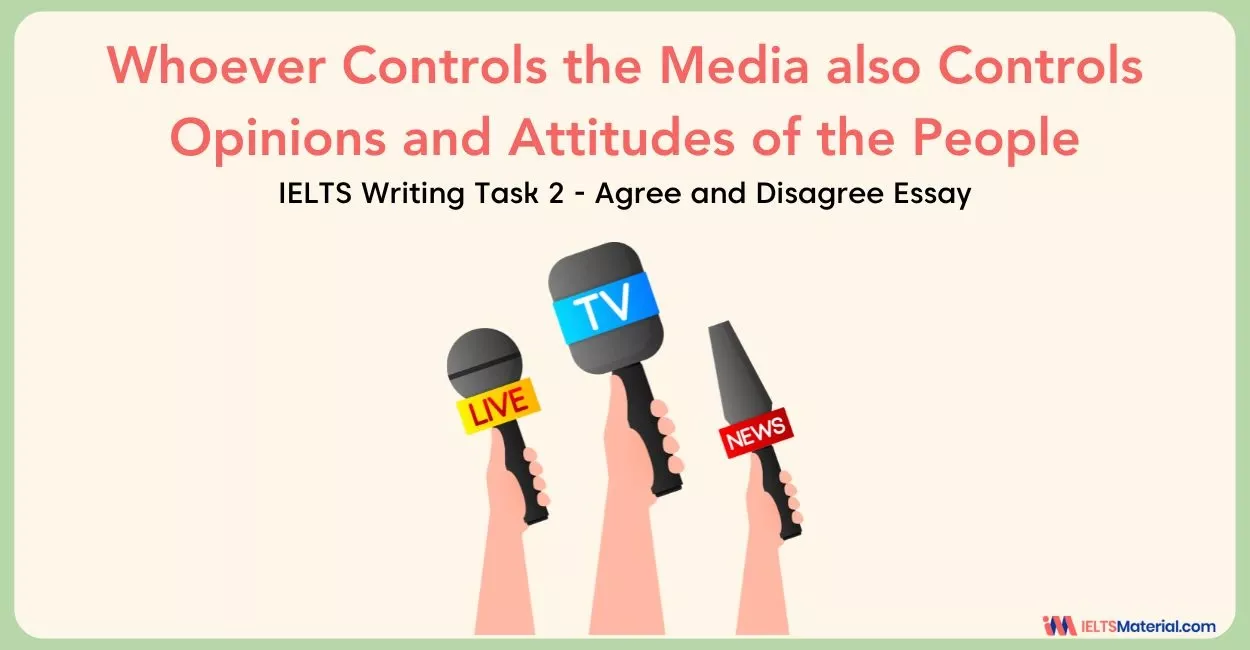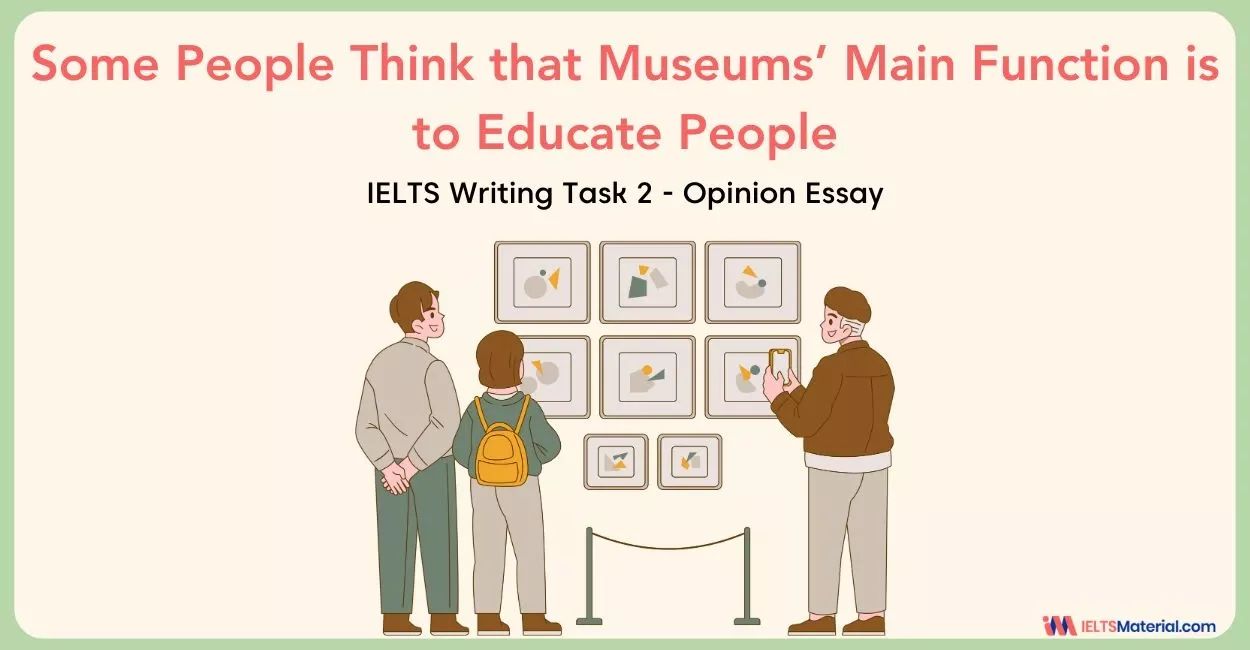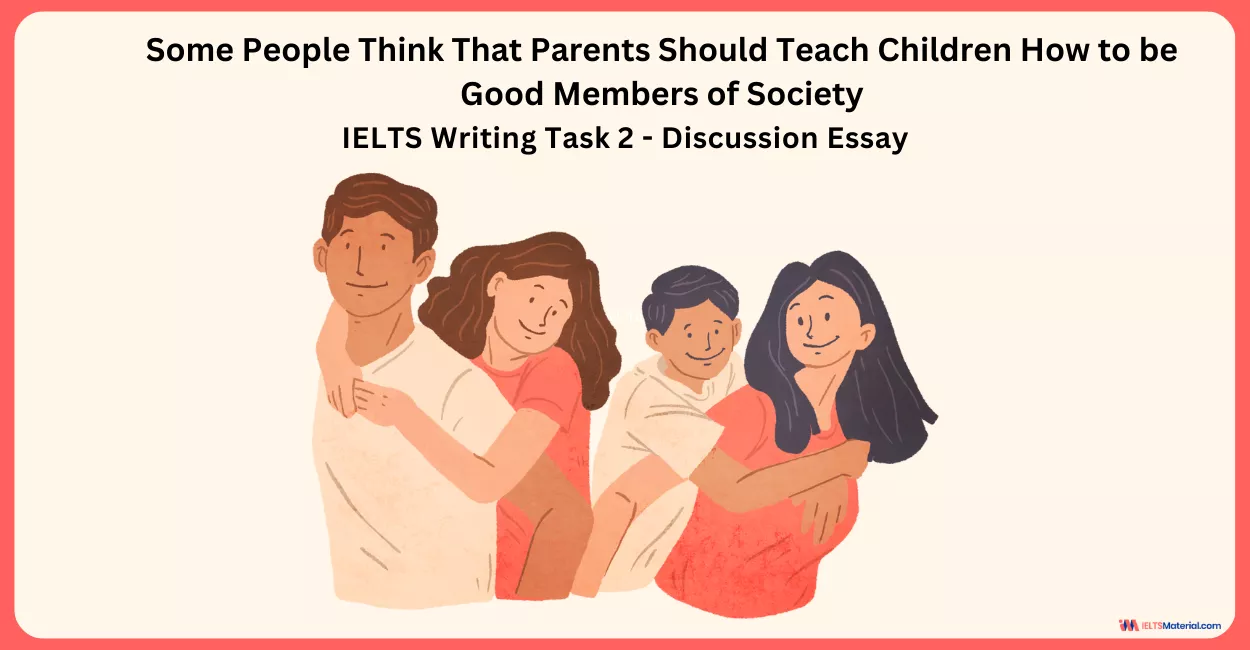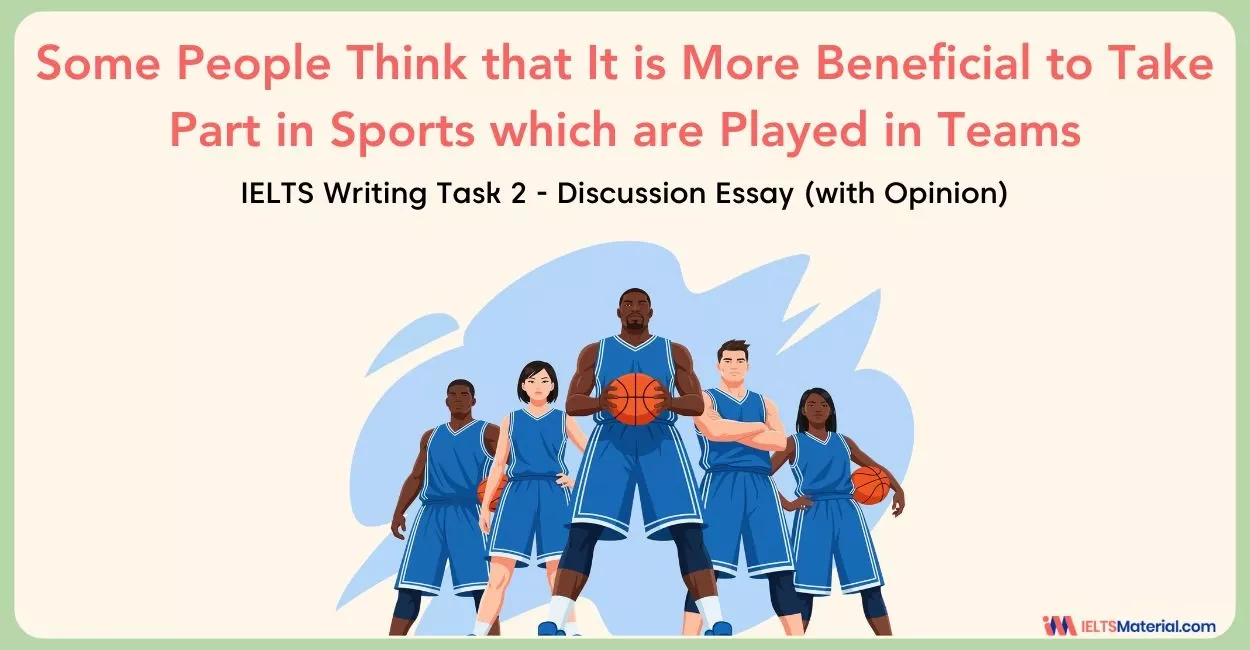Children to Begin Learning a Foreign Language at Primary School rather than Secondary School - IELTS Writing Task 2
7 min read
Updated On
-
Copy link
Ace your IELTS Advantage-Disadvantage essay with 3 Band 9 samples on the topic “Children to Begin Learning a Foreign Language at Primary School.” Get examiner-approved vocabulary, expert strategies, and tips to level up your writing score!
Table of Contents
- Question
- Structure Breakdown
- Children to Begin Learning a Foreign Language at Primary School rather than Secondary School - Sample Answer 1
- Children to Begin Learning a Foreign Language at Primary School rather than Secondary School - Sample Answer 2
- Children to Begin Learning a Foreign Language at Primary School rather than Secondary School - Sample Answer 3
- Children to Begin Learning a Foreign Language at Primary School rather than Secondary School - IELTS Vocabulary
- More Writing Task 2 Essay Topics

IELTS Writing Prediction Questions for 2024
The IELTS Advantage-Disadvantage essay requires test-takers to discuss both the positive and negative aspects of a given issue. A popular topic is: “Children to Begin Learning a Foreign Language at Primary School rather than Secondary School – IELTS Writing Task 2.” In this blog, you'll explore balanced Band 9 sample answers, learn useful vocabulary, and understand how to structure your response effectively.
Below is a sample IELTS Writing Task 2 Essay for the IELTS Essay topic:
Question
You should spend about 40 minutes on this task.
Some experts believe that it is better for children to begin learning a foreign language at primary school rather than secondary school. Do the advantages of this outweigh the disadvantages?
Give reasons for your answer and include any relevant examples from your own knowledge or experience.
You should write at least 250 words.
Structure Breakdown
Essay Type:
Advantages and Disadvantages Essay
Introduction
- Sentence 1: Paraphrase the statement using synonyms.
- Sentence 2: Briefly state that there are both advantages and disadvantages.
- Sentence 3: Clearly state your opinion (e.g., advantages outweigh disadvantages).
Body Paragraph 1 – Advantages
- Main Point 1: Young children learn languages faster and more naturally.
- Main Point 2: Early exposure boosts brain development and cultural understanding.
- Example: Countries with early language education show higher fluency rates.
Body Paragraph 2 – Disadvantages
- Main Point 1: It may burden children who are still learning basic subjects.
- Main Point 2: Some primary schools may lack qualified language teachers.
- Example: In under-resourced schools, early language programs may be ineffective.
Conclusion
- Restate your opinion that the advantages outweigh the disadvantages.
- Summarize main points briefly.
Children to Begin Learning a Foreign Language at Primary School rather than Secondary School - Sample Answer 1
One of the highly controversial issue today relates to whether to begin learning a foreign language at primary school or at secondary school. This essay will further discuss whether extending foreign language study to the primary stages is beneficial and if disadvantages may occur in the later stages.
On one side of the argument, there are people who argue that the benefits of practising a foreign language at primary school considerably outweigh its disadvantages. The main reason for believing this is that the children have the golden age period when they are at elementary school. One good illustration of this is some developed countries have been implementing the bilingual language in the primary school’s curriculum for decades, and most of the children can speak the second language as well as their native language. Another reason is that children are much more enthusiastic about exploring and learning new things at a young age. The timetable for them should allow more frequent, shorter sessions for maintaining learner’s enthusiasm and progress.
Opponents reckon that the students at secondary school are better prepared than at primary school for acquiring a new language. However, there is no actual evidence to support this view and children at their early ages (ranging from 5 to 10) can even learn faster and are better at pronunciation. For example, my second daughter had started to learn English when she was five years old and can speak English more fluently compared to her older sister, who just learnt English when she attended secondary school.
In my opinion, both arguments have their merits. On balance, however, I tend to believe that learning a second language at an earlier age will have a more positive impact on most of the children around the world.
Enroll in IELTS Online Classes to learn the latest tips and boost your IELTS Writing Score!
Children to Begin Learning a Foreign Language at Primary School rather than Secondary School - Sample Answer 2
Traditionally, children have begun studying foreign languages at secondary school, but introducing them earlier is recommended by some educationalists. This policy has been adopted by some educational authorities or individual schools, with both positive and negative outcomes.
The obvious argument in its favour is that young children pick up languages much more easily than teenagers. Their brains are still programmed to acquire their mother tongue, which facilitates learning another language, and unlike adolescents, they are not inhibited by self-consciousness.
The greater flexibility of the primary timetable allows for more frequent, shorter sessions and for a play-centred approach, thus maintaining learners’ enthusiasm and progress. Their command of the language in later life will benefit from this early exposure while learning other languages subsequently will be easier for them. They may also gain a better understanding of other cultures.
There are, however, some disadvantages. Primary schools teachers are generalists, and may not have the necessary skill themselves. If specialists have to be brought in to deliver these sessions, the flexibility referred to above is diminished. If primary language teaching is not standardised, secondary schools could be faced with a great variety of levels in different languages within their intake, resulting in a classroom experience which undoes the earlier gains. There is no advantage if enthusiastic primary pupils become demotivated as soon as they change schools. However, these issues can be addressed strategically within the policy adopted.
Anything which encourages language learning benefits society culturally and economically, and early exposure to language learning contributes to this. Young children’s innate abilities should be harnessed to make these benefits more achievable.
Learn secret to writing a high-scoring IELTS Writing Task 2 essay? Book a session with an IELTS expert today and find out!
Children to Begin Learning a Foreign Language at Primary School rather than Secondary School - Sample Answer 3
In today’s globalised world, the ability to speak a foreign language is considered an essential skill. Some education experts argue that children should start learning a new language at primary school instead of waiting until secondary school. While there may be a few drawbacks to this approach, I believe the advantages far outweigh the disadvantages.
One key advantage of early language learning is that young children absorb new languages more easily. Their brains are still developing, making them more receptive to different sounds, grammar rules, and pronunciation. This results in greater fluency and more natural accent development compared to older learners. Additionally, learning a second language from an early age can enhance cognitive abilities such as memory, problem-solving, and multitasking. For instance, studies show that bilingual children often perform better in other academic subjects.
Another benefit is the cultural awareness that comes with learning a foreign language. It opens children’s minds to different cultures and perspectives, making them more tolerant and globally minded. Furthermore, starting early gives students more time to master the language by the time they reach higher education or the job market, increasing future opportunities.
However, there are a few challenges. Introducing a foreign language at the primary level may place additional pressure on young learners who are still grasping their native language and basic subjects. Moreover, not all schools may have the resources or qualified teachers to deliver effective language instruction, potentially leading to poor learning outcomes.
Despite these concerns, the long-term benefits of early language acquisition—such as improved fluency, cognitive development, and intercultural competence—make it a worthwhile investment. The disadvantages can be addressed with proper teacher training and curriculum support.
In conclusion, although there are some disadvantages to starting foreign language education in primary school, the advantages clearly outweigh them. Early exposure to a second language helps children grow academically, socially, and professionally in the future.
Looking for more IELTS Writing Task 2 topics ? Get Our Exclusive IELTS Writing Task 2 Books Now!
Children to Begin Learning a Foreign Language at Primary School rather than Secondary School - IELTS Vocabulary
Following are some IELTS Vocabulary used in the above band 7, 8, and 9 sample answers for the IELTS Writing Task 2 advantages & disadvantages essay: Children to Begin Learning a Foreign Language at Primary School rather than Secondary School:
1. Controversial
Meaning: Causing disagreement or public debate
Eg: The idea of teaching foreign languages at a young age is controversial in many countries.
2. Curriculum
Meaning: The subjects and content taught in a school or course
Eg: Many schools have added foreign languages to their primary school curriculum.
3. Bilingual
Meaning: Able to speak two languages fluently
Eg: Children in bilingual schools often speak both their native and second language confidently.
4. Acquire
Meaning: To gain or learn something (like a skill or knowledge)
Eg: Young learners acquire new languages faster than teenagers.
5. Enthusiastic
Meaning: Showing excitement or strong interest
Eg: Children are usually more enthusiastic about learning when it feels like play.
6. Exposure
Meaning: Being introduced to or experiencing something
Eg: Early exposure to a second language can lead to better fluency later in life.
7. Standardised
Meaning: Made the same across different places or situations
Eg: Without a standardised system, students might learn different levels of language.
8. Demotivated
Meaning: Losing interest or desire to do something
Eg: Students may become demotivated if language classes are too difficult or inconsistent.
9. Receptive
Meaning: Willing or able to understand or accept something
Eg: Children’s brains are more receptive to new sounds and words.
10. Cognitive
Meaning: Related to mental abilities like thinking, learning, and remembering
Eg: Learning a second language improves children's cognitive development.
Curious about your IELTS Writing score? Submit your IELTS Writing Essay for evaluation & get improvement tips!
The IELTS Advantage-Disadvantage essay challenges candidates to weigh both sides of a debate and present a clear viewpoint. One frequently discussed topic is: “Children to Begin Learning a Foreign Language at Primary School rather than Secondary School – IELTS Writing Task 2.” This blog offers model Band 9 responses, vocabulary tips, and effective strategies to help you master this task type with confidence and achieve your desired IELTS Band Score.
More Writing Task 2 Essay Topics
- Overpopulation in Many Major Urban Centres Around the World is a Major Problem
- Global Warming is One of The Biggest Threats to Our Environment IELTS Writing Task 2
- What are the Advantages and Disadvantages of Studying Abroad- IELTS Writing Task 2
- Salary is The Most Important Consideration- IELTS Writing Task 2 Opinion Essay
Also check:
- How to Plan an IELTS Opinion Essay?
- Best IELTS Writing Task 2 Tips for Achieving Band 9
- The Global Demand for Oil and Gas is Increasing
- The Best Way to Improve Health is to Exercise Daily
- The Prevention of Health Problems and Health Illness is More Important than Treatment and Medicine
- Some Companies Sponsor Sport and Sports Stars as a Way to Advertise Themselves
Practice IELTS Writing Task 2 based on Essay types

Effective IELTS Essay Connectors for Writing Task 2 & Task 1
Explore other Writing Actual Tests



Recent Articles

Haniya Yashfeen


Prity Mallick

Kasturika Samanta





Post your Comments